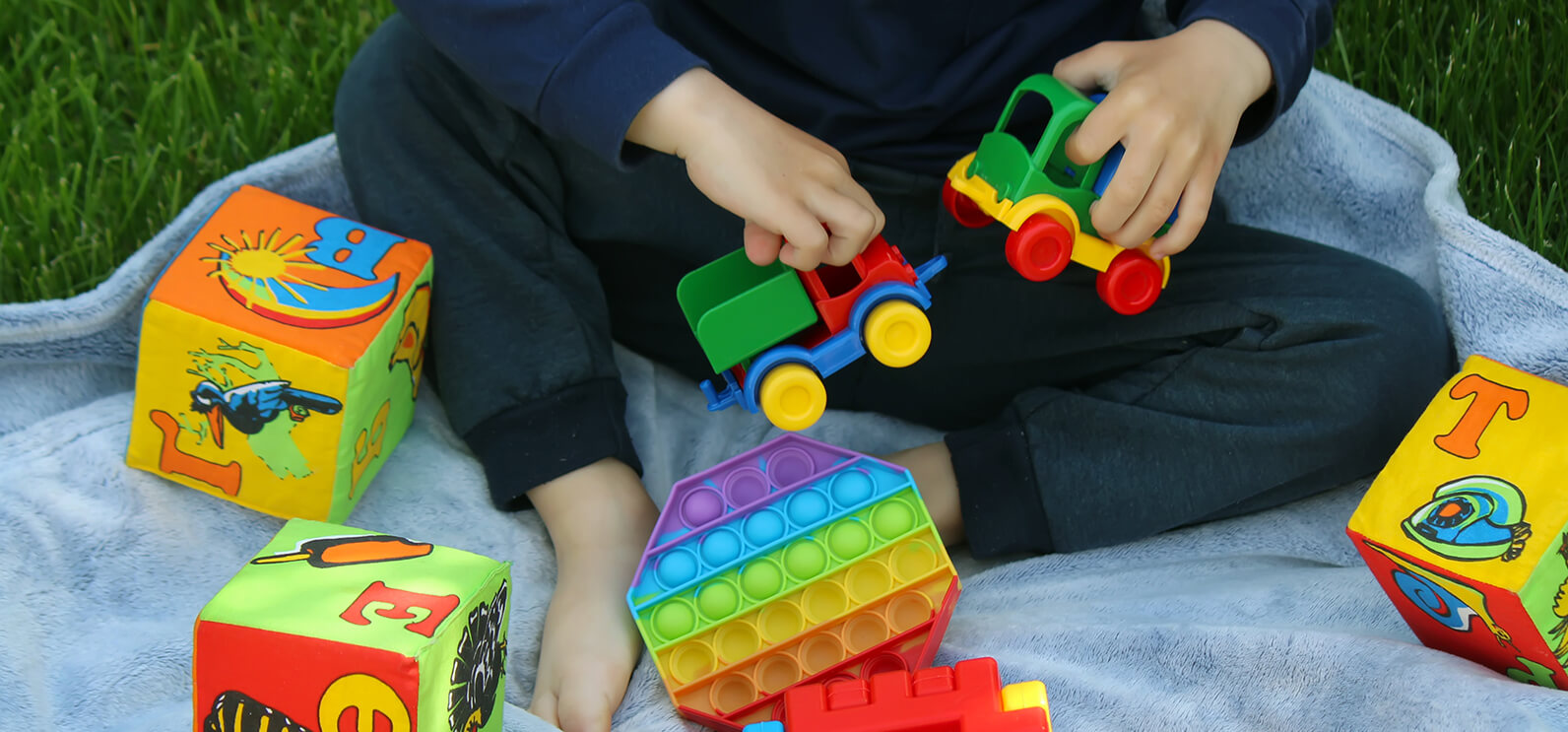5 Ways Paediatric Occupational Therapy Can Help Kids with Autism
Paediatric Occupational therapy practitioners use a variety of methods to address and promote the skills needed to participate fully in daily life activities, such as bathing, dressing, completing schoolwork, handwriting, engaging in play, and more.
These occupational therapy services can be beneficial for children with autism and sensory processing difficulties because they can help to build skills in the areas needed to complete daily activities. Services may involve working on specific tasks or goals, or providing support and strategies to help make everyday activities more manageable.
An occupational therapist can help a child with autism gain a range of useful skills, such as improving communication, sensory processing, and fine motor skills – the process can also help to improve a child’s overall daily functioning.
In some cases, occupational therapy may be the best treatment option for a child with autism, however, it’s important to work with a therapist who has experience in treating autism and understands the specific needs of these children.

When it comes to occupational therapy for kids, practitioners are educated in many different areas, such as anatomy and biology, human development, kinesiology, psychology, and client-centred care. This allows them to provide holistic care for their patients, focusing on the whole person and their individual needs. OT practitioners are uniquely suited to provide this type of care because of their comprehensive education.
When a child with autism is referred for OT services, a comprehensive evaluation is first completed in order to gain a deeper understanding of the child, their family, and their needs and goals. Once this is complete, the OT can work with the child and family to develop skills in many different areas.
Below is a list of some of the most common areas addressed in paediatric occupational therapy for autism.
1. Emotional Regulation Skills
The ability to regulate emotions is a critical life skill. It involves being able to identify and manage emotions both in oneself and in others. This can be done by understanding different emotions, seeking out helpful coping skills, and using a variety of methods including role-play activities, games, video modelling, and direct one-on-one practice. An occupational therapist can help your child with all of these skills if they are struggling.
2. Social Skills & Interactions
Some of the most important social skills include greeting others with a smile and appropriate words, making eye contact when speaking, understanding how to keep a conversation flowing, reading other people’s body language and facial expressions, and understanding their emotional states. These skills are crucial for interacting with peers and can be difficult for children with autism.
An occupational therapist can work with your autistic child to help them understand the many social rules of which they may not be aware. This can involve role-playing, having peers act as models, and using creative methods to help your child understand social interactions better. With this assistance, your child can start to feel more comfortable in social situations and have more successful interactions with others.
3. Sensory Processing
Sensory processing difficulties are estimated to affect between 50% and 70% of all children who have autism. This involves the ability to take in and interpret the information that is occurring within our environment, such as touch and movement. For example, a child with sensory processing difficulties may feel overwhelmed by the sensation of touch, or have difficulty moving around due to an underdeveloped sense of balance.
Occupational therapists who specialise in working with children on the autism spectrum are well-versed in understanding and addressing the child’s sensory needs. This can often involve creating a more structured and calmer environment, which can help reduce sensory overload. Additionally, OTs may work with the child to help them better tolerate and process sensory information, through activities such as targeted exercises or adapted clothing choices. Ultimately, these interventions can help improve the child’s overall quality of life.

4. Motor Skills
The ability to move our bodies in a coordinated way is important for completing everyday tasks. Gross motor skills involve large movements, such as running, walking, and moving our limbs, whereas fine motor skills involve the small movements of the hand, such as picking something up, writing, transferring objects between the fingers, and so on.
In many instances, children with autism or sensory processing difficulties have some delay in gross or fine motor skills (or both). Some common strategies used by occupational therapists include providing specific exercises to improve strength and coordination, recommending adaptive equipment or tools to make tasks easier, and suggesting modifications to the environment or task requirements to make them more achievable.
5. Family Routines & Time Management
One way that children with autism often learn and thrive is through structure, consistency, and routine. These children often have very strong visual skills and find that visual aids are helpful tools for them.
An occupational therapist can help your child to understand and complete their daily routines in a smooth and organised way – by developing visual aids such as pictures or words, your child will have an easier time completing tasks. For example, an OT might help create a visual aid for your child’s morning routine that is easy to understand and follow. This will help make the transition between activities smoother and less stressful!
Every child needs a tailored and individualised approach to occupational therapy
If you feel like your child is struggling in certain areas, such as with motor skills, coordination, or self-care, an occupational therapist could be a great resource. The fact that OTs use an individualised approach when working with each child and their family means that your child will receive tailored care that emphasises the key areas they need help with.
If you would like tailored advice for your child, reach out to one of our dedicated Occupational Therapists today. We are here to help.

Michael graduated with a Bachelor of Physiotherapy from Melbourne University. Since then, he has had over 21 years of experience as a physiotherapist and is also a qualified D.M.A. Clinical Pilates Practitioner.

